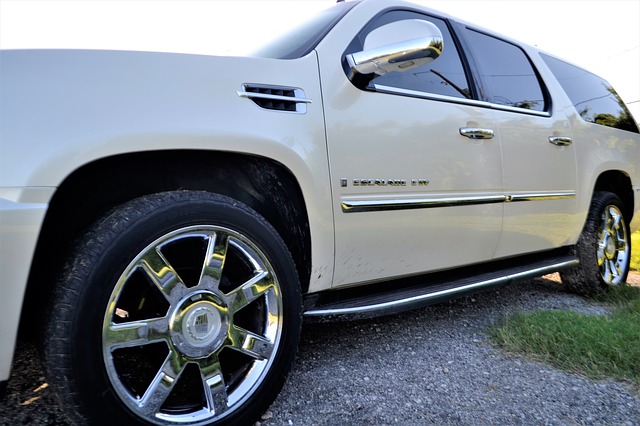
Let’s face it, we are probably not among the 1% richest population of the word. We don’t get to buy cars on a whim and not look back. The dilemma of buying a car starts with financing, and depending on your situation, it can be a real ordeal. After financing hoops are jumped, you get to an important fork in your path, that is, how are you going to choose which car to buy when you’re bombarded with irrelevant information to your case. What you need to understand is that there’s no standard solution that would accommodate everyone’s life. We’ll try our best to give you the tools and information that could better guide you in making the right choice between a brand new or a used car.
Affordability
Let’s say you have specific model, year, and make in focus. The first problem you’ll be facing is the price. New cars naturally, cost more than second hand ones; you may find the car of your dreams, but the price tag of a brand new one is simply way out of your budget. When you take buying a second hand car into account, you may find yourself able to afford the same car or even a better one. If you already have a car, you can trade it in for a lucrative deal, some dealerships happen to provide that option. You can also choose to sell a non working car, as they’re worth something and it could provide you with a cash boost to afford another car. The main strength of buying used cars is that new ones depreciate in value once they leave the shop, and this deprecation could reach over 70% of the original car value in some cases. When it comes to being affordable, used cars definitely have the edge.
Long-term Costs
We’ve established that used cars are more affordable and allow you to get better models than the one you had in mind. The main issue is that there are invisible costs that you can’t specifically predict when you’re buying a second hand car. Being prone to wear and tear is usually the biggest fear when it comes to buying used cars. You could spend on repairs on a used car the equivalent amount of money that could’ve gotten you a new car. This point could be disputed when you’re buying a vintage car that has the potential to appreciate in value.
Reselling
Cars are considered as a liability because they depreciate in value, except in the rare case of buying a vintage car. When you buy a new car, the loss in value in the first three years, usually averages around to 50% loss of the original value of the car. The first owner of the car is usually the person who loses the most when he/she sells it. If you’re already not the original buyer of the car and you’re buying it as a secondhand car, you have the potential to sell it for the same price you took it for if you take care of its maintenance. Upgrades and customizations can even add to the value of the car. Therefore, you can even sell it at a higher price than the one you paid for it.
When it comes to purchasing cars, don’t take any advice and go for it. Take your time to think the process through and make a list of pros and cons that could help you settle on a choice. The safer option is a second hand car, but that isn’t going to apply to everyone. Always do your own research and go with your instinct.


